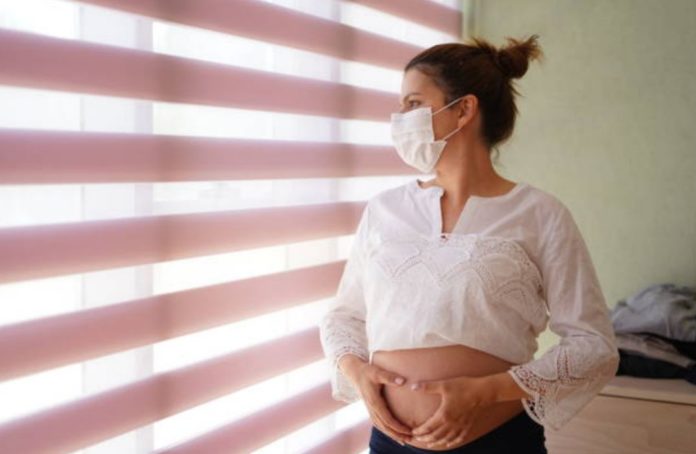A study that reviewed the medical records of more than 2,800 female patients from 1984 to 2012 found that pregnancy increases the risk of a first-time symptomatic kidney stone.
The risk peaks close to delivery and then improves by one year after delivery – although a modest risk of developing kidney stones continues beyond a year after giving birth, according to the findings.
The study, published in the American Journal of Kidney Diseases, included 945 women who experienced a first-time symptomatic kidney stone and 1,890 age-matched female control subjects.
- Scientists in Fear of This New Predator From Red Sea Eating Native Species in Mediterranean
- Does This Mean We Stopped Being Animal and Started Being Human Due to ‘Copy Paste’ Errors?
- The One Lifestyle Choice That Could Reduce Your Heart Disease Risk By More Than 22%
- Aging: This Is What Happens Inside Your Body Right After Exercise
- Immune-Boosting Drink that Mimics Fasting to Reduce Fat – Scientists ‘Were Surprised’ By New Findings
The objective was to determine whether the risk of a first-time symptomatic kidney stone increased with pregnancy and if the risk varied across different time periods before, during, and after pregnancy.
Study senior author Dr. Andrew Rule, of the Mayo Clinic in the United States, said: “We suspected the risk of a kidney stone event would be high during pregnancy, but we were surprised that the risk remained high for up to a year after delivery.
“There also remains a slightly increased risk of a kidney stone event beyond a year after delivery.
“This finding implies that while most kidney stones that form during pregnancy are detected early by painful passage, some may remain stable in the kidney undetected for a longer period before dislodging and resulting in a painful passage.”
Asymptomatic kidney stone event is the most common non-obstetric hospital admission diagnosis for pregnant women. It occurs in one of every 250 to 1,500 pregnancies, most often occurring during the second and third trimesters.
Kidney stones, though uncommon, can cause significant complications associated with pregnancy, ranging from pre-eclampsia and urinary tract infection to premature labor and delivery, and even pregnancy loss.
Dr Rule said diagnosis of kidney stones during pregnancy can be “challenging” – given limited diagnostic imaging options due to concern about radiation exposure.
He said treatment can also be complicated by obstetric concerns.
Study corresponding author Dr. Charat Thongprayoon explained that several physiological reasons may contribute to why pregnancy contributes to kidney stone formation.
He said that during pregnancy, ureteral compression, and ureteral relaxation due to elevated progesterone hormone can cause urinary stasis in the body. Increased urine calcium excretion and elevated urine acidity during pregnancy can also lead to calcium phosphate stone formation.
Dr. Thongprayoon, also of the Mayo Clinic, added: “Urinary obstruction due to kidney stones can cause pain that some patients describe as the worst pain they have ever experienced.
“During pregnancy, a kidney stone may contribute to serious complications and the results of this study indicate that prenatal counseling regarding kidney stones may be warranted, especially for women with other risk factors for kidney stones, such as obesity.”
- Scientists in Fear of This New Predator From Red Sea Eating Native Species in Mediterranean
- Does This Mean We Stopped Being Animal and Started Being Human Due to ‘Copy Paste’ Errors?
- The One Lifestyle Choice That Could Reduce Your Heart Disease Risk By More Than 22%
- Aging: This Is What Happens Inside Your Body Right After Exercise
- Immune-Boosting Drink that Mimics Fasting to Reduce Fat – Scientists ‘Were Surprised’ By New Findings
The researchers said that general dietary recommendations for preventing kidney stone disease include high fluid intake and a low-salt diet.
Experts also recommend “appropriate” calcium intake during pregnancy of at least 1,000 milligrams per day, preferably from dietary sources such as dairy products rather than calcium supplements.
